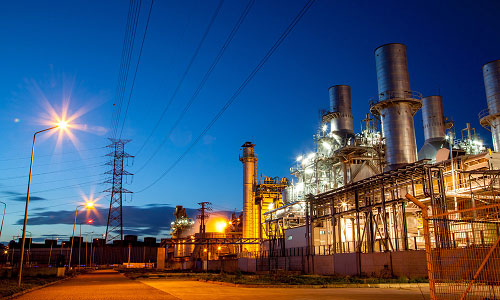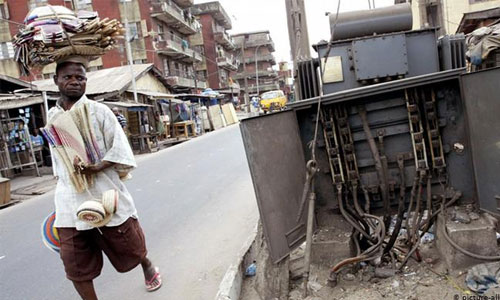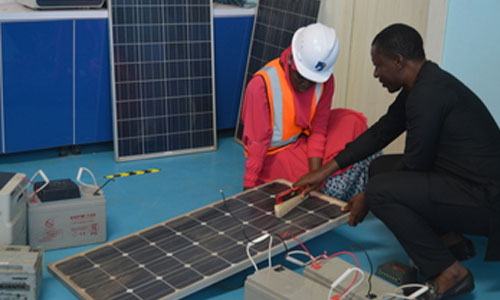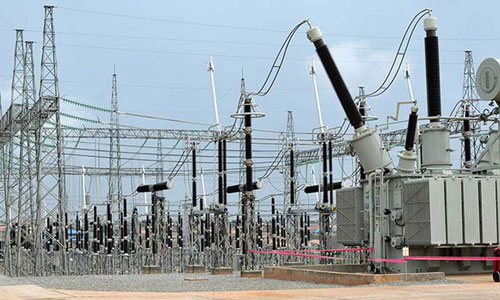Cost effective development though capital was accepted, and proposals adopted to amend laws, regulations, and practices to allow private capital to participate fully in the sector.




The Nigeria Electric Power Authority in Lagos sought advice under a World Bank funded technical advisory project on whether the introduction of private capital into the Nigerian electricity sector could improve standards of supply, operations, maintenance and sector investment – a major problem for Nigeria’s national economic growth strategy. Nigeria's power generation is mostly thermal and hydro with installed capacity of about 12,522 MW and also has the challenge of moving towards sustainable generation.
One of our leading energy economic and policy experts demonstrated how investment in infrastructure and other capital assets supports growth in the national economy, and by bringing private capital into the electricity sector numerous benefits would occur not only for the energy sector, but for the overall Nigerian economy. Additional capital would increase output and add to labor productivity in the sector, bring much needed funds for critical maintenance already delayed, and enable the sector to take advantage of new technology or advancements in equipment or machinery to increase efficiency and reduce costs.
Cost effective development though capital was accepted, and proposals adopted to amend laws, regulations, and practices to allow private capital to participate fully in the sector.